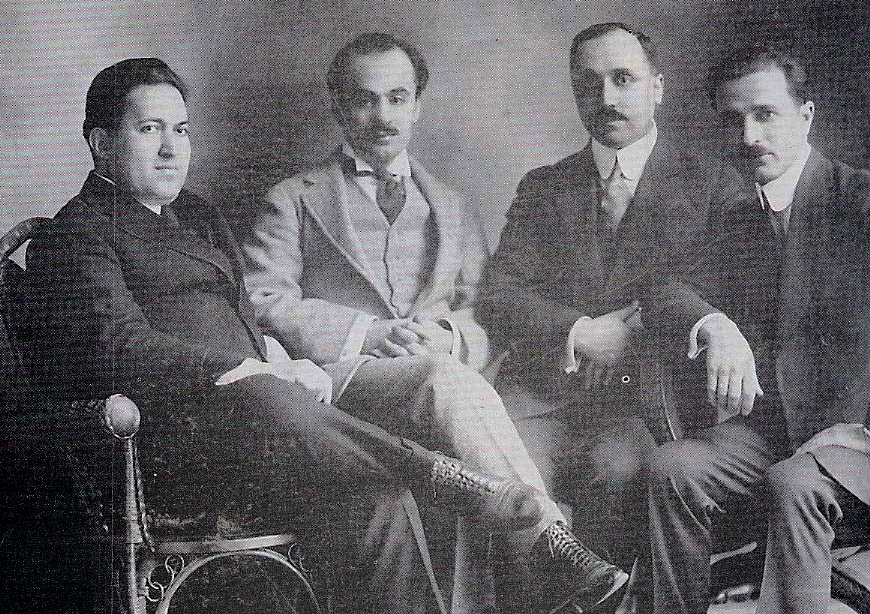Image: Four members of the Pen League in 1920. Left to right: Nasib Arida, Kahlil Gibran, Abd Al-Masih Haddad and Mikhail Naimy.
2 p.m. EDT Saturday, Oct. 17, 2020
Qalam wa Kalima: A Centennial Celebration of Al-Rabita Al-Qalamiyya (The Pen League)
Tickets: $100 per person
This year marks the centennial of Al-Rabita Al-Qalamiyya (The Pen League), the literary society established in New York City in 1920 by a group of Arab writers and poets—Kahlil Gibran, Ameen Rihani, Elia Abu Madi and others—who immigrated to the United States at the turn of the 20th century.
Join AANM as we commemorate this special anniversary with an exclusive virtual fundraiser, paying tribute to the enduring legacy of the Pen League’s members, whose essays and poems contained some of the earliest expressions of Arab American cultural identity and whose experimental poetry left an indelible mark on the development of modern Arabic literature.
As one of the leading Arab American cultural institutions and the only museum in the country dedicated to sharing the Arab American experience, AANM looks forward to celebrating Al-Rabita Al-Qalamiyya’s centennial with our friends and supporters. The event will include:
- Showcasing the works of the Pen League members through readings by contemporary Arab and Arab American poets and writers (listed below)
- A special musical performance by National Arab Orchestra founder/director, Michael Ibrahim
- Exclusive launch of a new online exhibition featuring works by and archival material from AANM’s collection related to the Pen League members
Celebrate 100 years of Arab American cultural contributions and help support AANM’s efforts to preserve and promote Arab American cultural heritage! All proceeds from tickets sales for Qalam wa Kalima will benefit the Museum’s ongoing mission to document, preserve and share the Arab American experience.
Al-Rabita Al-Qalamiyya (The Pen League) was an important literary organization of Arab immigrant writers formed in 1916 in New York City, and then re-formed in 1920 by Kahlil Gibran. Al-Rabita members, including Ameen Rihani, Elia Abu-Madi, Mikhail Naimy and Kahlil Gibran, produced poetry, fiction, and essays that are still read widely in Arabic and English across the globe. The period that saw the most activity by the members of Al-Rabita, about 1915 to 1940, helped to define Arab American cultural production, and gave the burgeoning ethnic community—by that point spread across the United States—a sense of collective identity. The early works of these writers were often published in the United States by one of the many Arab American publishers who had been publishing English and Arabic language books, journals and newspapers since the 1890s.
Event Emcee
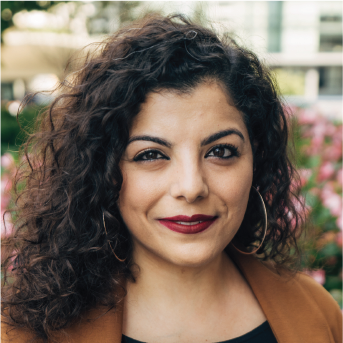 Laila Mokhiber was born and raised in the D.C. suburbs to a family active in civil and human rights, where some of her earliest memories involve carrying signs at demonstrations demanding social justice. Today she brings with her a decade of experience in PR, creating and managing nonprofit communications and raising funds for a variety of progressive organizations. She currently serves as Director of Communications for UNRWA USA. She is also D.C. ambassador for afikra, the board president of Open Roads Media and co-hosts the Latitude Adjustment Podcast.
Laila Mokhiber was born and raised in the D.C. suburbs to a family active in civil and human rights, where some of her earliest memories involve carrying signs at demonstrations demanding social justice. Today she brings with her a decade of experience in PR, creating and managing nonprofit communications and raising funds for a variety of progressive organizations. She currently serves as Director of Communications for UNRWA USA. She is also D.C. ambassador for afikra, the board president of Open Roads Media and co-hosts the Latitude Adjustment Podcast.
Featured Readers
 Diana Abu Jaber is the award-winning author of Origin, Crescent, Arabian Jazz and The Language of Baklava. Her writing has appeared in Good Housekeeping, Ms., Salon, Vogue, Gourmet, The New York Times, The Nation, the Washington Post and the Los Angeles Times. She is a professor at Portland State University.
Diana Abu Jaber is the award-winning author of Origin, Crescent, Arabian Jazz and The Language of Baklava. Her writing has appeared in Good Housekeeping, Ms., Salon, Vogue, Gourmet, The New York Times, The Nation, the Washington Post and the Los Angeles Times. She is a professor at Portland State University.
 Sinan Antoon is an Iraqi-born poet, novelist, scholar and translator. He has published two poetry collections and four novels and his literary works have been translated to 14 languages. His translations include In the Presence of Absence by Mahmoud Darwish, winning the American Literary Translators Association Prize, and a translation of his own novel The Corpse Washer, winning the Saif Ghobash Prize for Literary Translation. His op-eds have appeared in The Guardian, The New York Times and many pan-Arab publications. He is co-founder/editor of Jadaliyya and associate professor at NYU.
Sinan Antoon is an Iraqi-born poet, novelist, scholar and translator. He has published two poetry collections and four novels and his literary works have been translated to 14 languages. His translations include In the Presence of Absence by Mahmoud Darwish, winning the American Literary Translators Association Prize, and a translation of his own novel The Corpse Washer, winning the Saif Ghobash Prize for Literary Translation. His op-eds have appeared in The Guardian, The New York Times and many pan-Arab publications. He is co-founder/editor of Jadaliyya and associate professor at NYU.
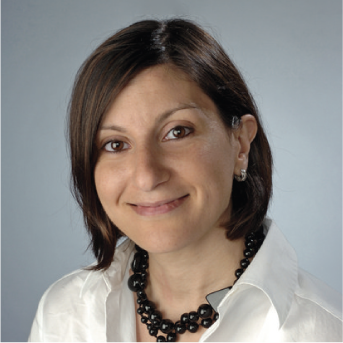
Carol W. N. Fadda grew up in Beirut, Lebanon where she earned her B.A. and M.A. from AUB, and later her Ph.D. from Purdue University. Her first book, Contemporary Arab-American Literature: Transnational Reconfigurations of Citizenship and Belonging (NYU Press, 2014) contests negative representations of Arabs and Muslims in the U.S., and her essays have appeared in a variety of journals and edited collections. She serves as the editor of the Critical Arab American Studies book series at Syracuse University Press.
 Khaled Mattawa, poet born and raised in Benghazi, Libya, relocated to the U.S. as a teenager in 1979. Mattawa has been awarded several Pushcart Prizes and the PEN Award for Literary Translation, in addition to a translation grant from the National Endowment for the Arts, a Guggenheim Foundation fellowship, the Alfred Hodder Fellowship at Princeton University and a MacArthur fellowship. He is currently on faculty at the University of Michigan.
Khaled Mattawa, poet born and raised in Benghazi, Libya, relocated to the U.S. as a teenager in 1979. Mattawa has been awarded several Pushcart Prizes and the PEN Award for Literary Translation, in addition to a translation grant from the National Endowment for the Arts, a Guggenheim Foundation fellowship, the Alfred Hodder Fellowship at Princeton University and a MacArthur fellowship. He is currently on faculty at the University of Michigan.
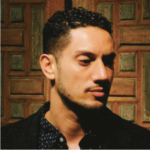
Omar Offendum is a Syrian American hip-hop artist, designer, poet and peace activist. He was born in Saudi Arabia, raised in Washington, D.C., and now lives in Los Angeles, California.
Made possible in part by

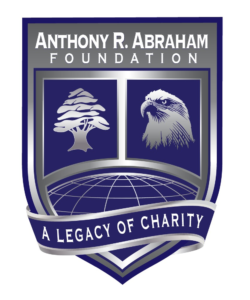
Mr. Nafa Khalaf & Ms. Maha Kasim
Dr. Aziz Shaibani and Mrs. Arwa Shaibani
Due to the pandemic, we have been closed to the public since March 13. Closed doors mean that our earned revenue streams have dried up, and corporate funds have been pivoted to assist with COVID-19 relief or for their own financial survival. We are looking forward to the day we can safely reopen, but until then, we need your support.

